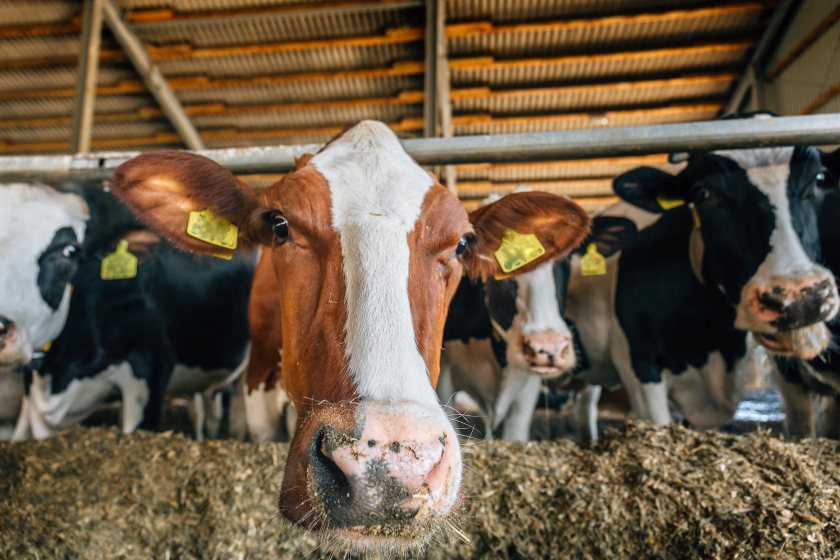
Fatal cases of suspected botulism in cattle are being investigated on several farms, with feed supplied by a certified business under scrutiny.
Media reports suggest that several hundred cattle may have died or been culled as a result of the outbreaks of this life-threatening disease.
Authorities are probing suspected botulism cases in cattle across Essex, Northamptonshire and Shropshire, the Food Standards Agency (FSA) and Animal and Plant Health Agency (APHA) have confirmed.
A spokesperson for APHA said: "We are aware of a number of suspected cases of botulism, which are under investigation in various regions including Essex, Shropshire and Northamptonshire.
"APHA's Regional Laboratories are involved with on-farm and laboratory investigations into cattle deaths that appear to be linked to the suspected feed contamination. Further information will be provided in due course."
Botulism is a rare but often fatal disease in cattle, caused by toxins produced by the bacterium Clostridium botulinum. Outbreaks can cause major losses for farms.
The condition typically arises when animals ingest contaminated material, such as spoiled feed or animal remains.
Symptoms can include weakness, paralysis, difficulty swallowing, loss of coordination and, in severe cases, sudden death.
The Agricultural Industries Confederation (AIC) has confirmed that the suspected cases may be linked to feed supplied under the Universal Feed Assurance Scheme (UFAS) and the Feed Materials Assurance Scheme (FEMAS).
A spokesperson from AIC said: “AIC has notified its members and held discussions with stakeholders throughout the past week to address the situation.”
All recipients of potentially contaminated feed have already been contacted by their supplier, according to the body.
The business at the centre of the inquiry is working closely with the relevant authorities to isolate any suspect feed and to establish the root cause.
At present, investigations are ongoing and no definitive cause has been confirmed.
Botulism in cattle remains rare, though not unheard of in recent decades. According to the Animal and Plant Health Agency (APHA), several outbreaks have occurred over the years.
Perhaps the most significant incident in recent history occurred in Wales in 2014, when 160 dairy cows died after being fed grass silage contaminated with a decaying animal carcass.
Defra has published guidance on botulism in farmed ruminants, offering further background on the disease.
